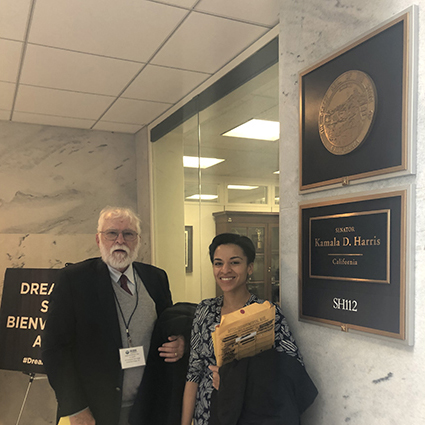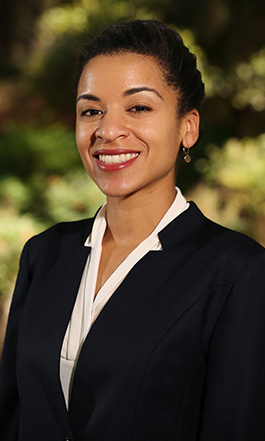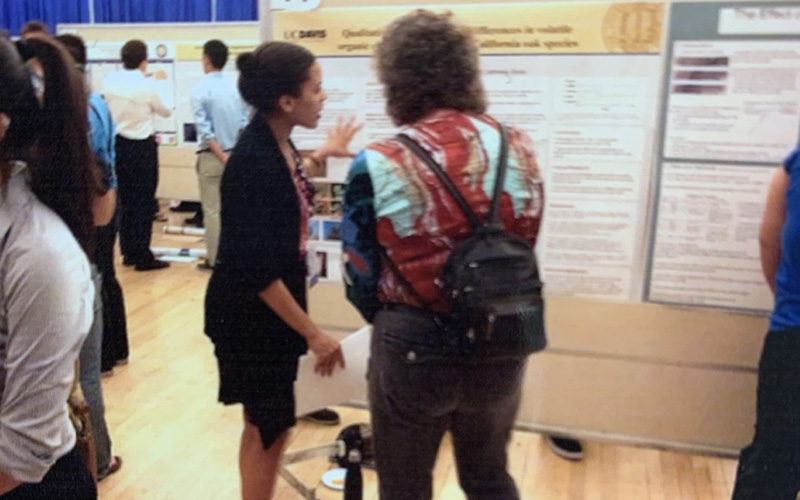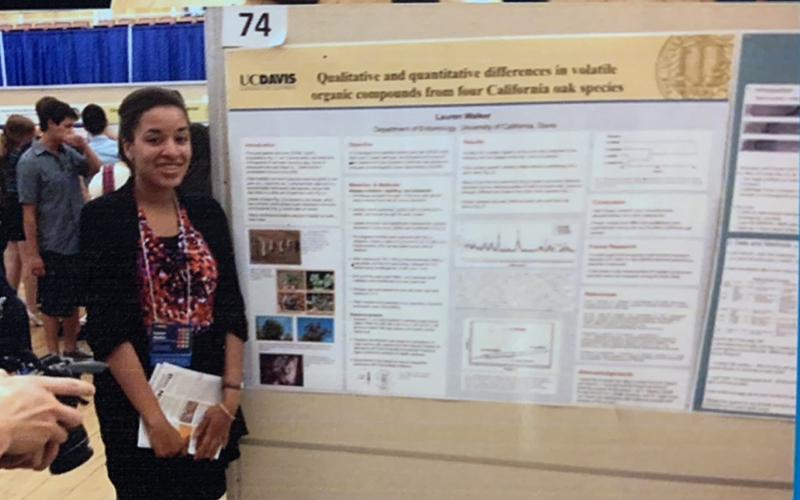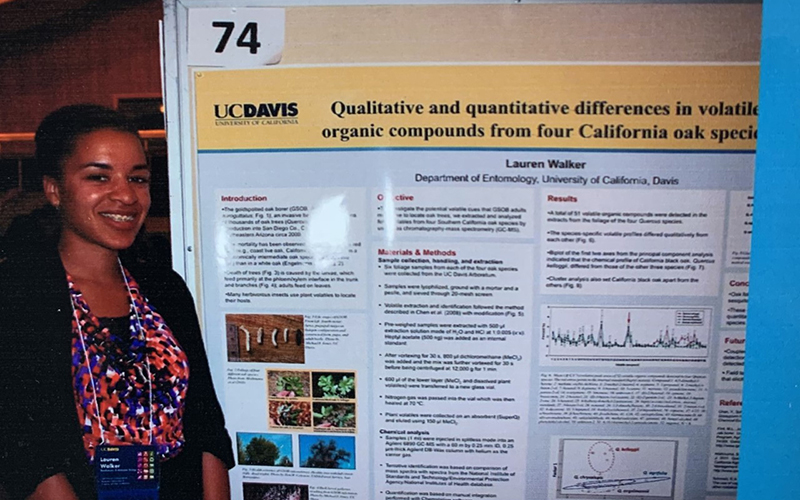Membership
Meet a Member
Lauren Walker, PhD
Rutgers University
What type of research do you do?
I am a Postdoctoral Fellow studying how environmental chemicals negatively affect the ability of immune cells to defend the placenta from infections. Pregnant women exposed to certain environmental pollutants are at risk of giving birth to their babies too early. My research seeks to more fully understand how these chemicals exert toxicity in the placenta and to support the design of new strategies to prevent high-risk pregnancies.
What do you consider to be your most influential career achievement, and why?
While my expertise is in developmental toxicology, my first foray into research was as an undergraduate research assistant in an entomology lab. Through field and benchwork, I was introduced to the impact of basic and applied research approaches. It was during this time that I learned firsthand how research serves to advance our communities as well as our respective research fields. During my university’s publicly-attended undergraduate research symposium, I shared my work’s implications for the local economy, cultural practices, and air quality. Seeing mild indifference blossom into invested interest in attendees’ eyes sparked in me a passion for science communication. This early experience helped to shape my identity as both a researcher and engaged member of my community.
Why did you join the Society for Birth Defects Research and Prevention (BDRP), and what does it mean to you to be involved in BDRP?
My colleague had attended a BDRP meeting and thoroughly enjoyed the environment of the society as a whole. “You have to go next year!” she told me. I joined her the following year and was immediately struck by the intimate and engaging nature of the society. Because BDRP is not as large as other societies, it’s easier to get to know your fellow trainees and more experienced society members. This is crucial for trainees like myself who are just starting to build their individual networks. BDRP also champions the involvement of trainees and early career researchers in society initiatives and committees. In this way, BDRP is supporting the development of the future leaders of developmental and reproductive research.
